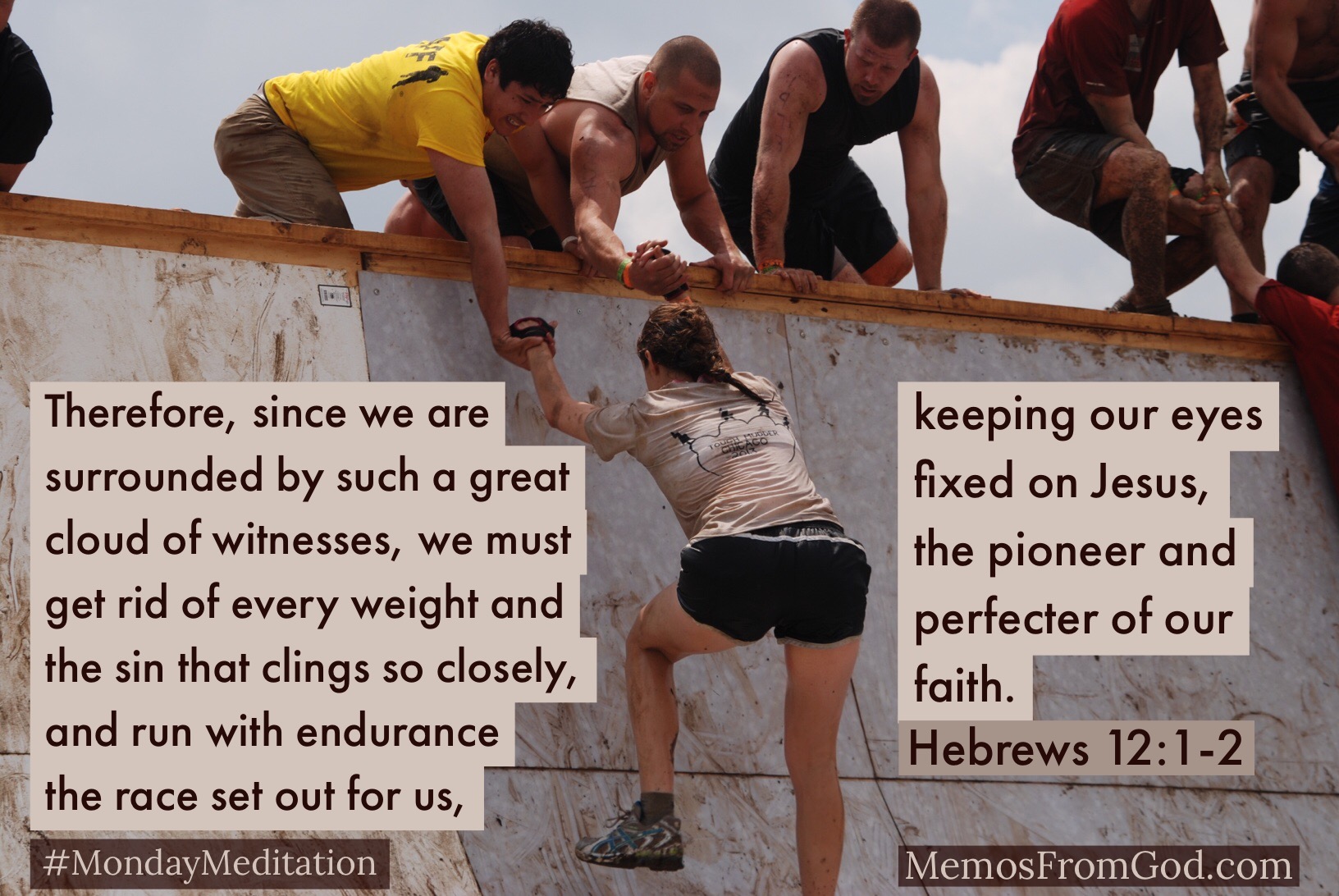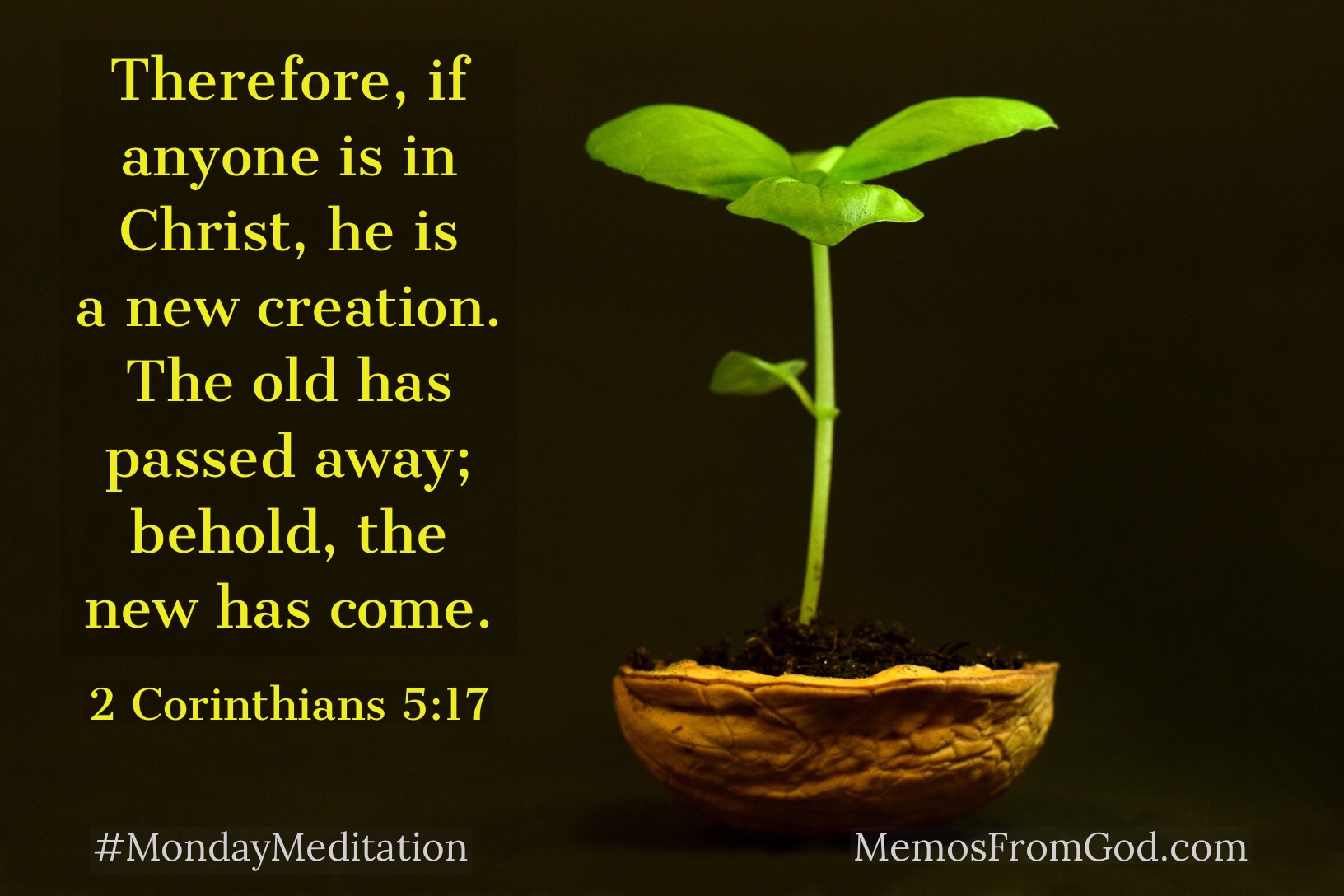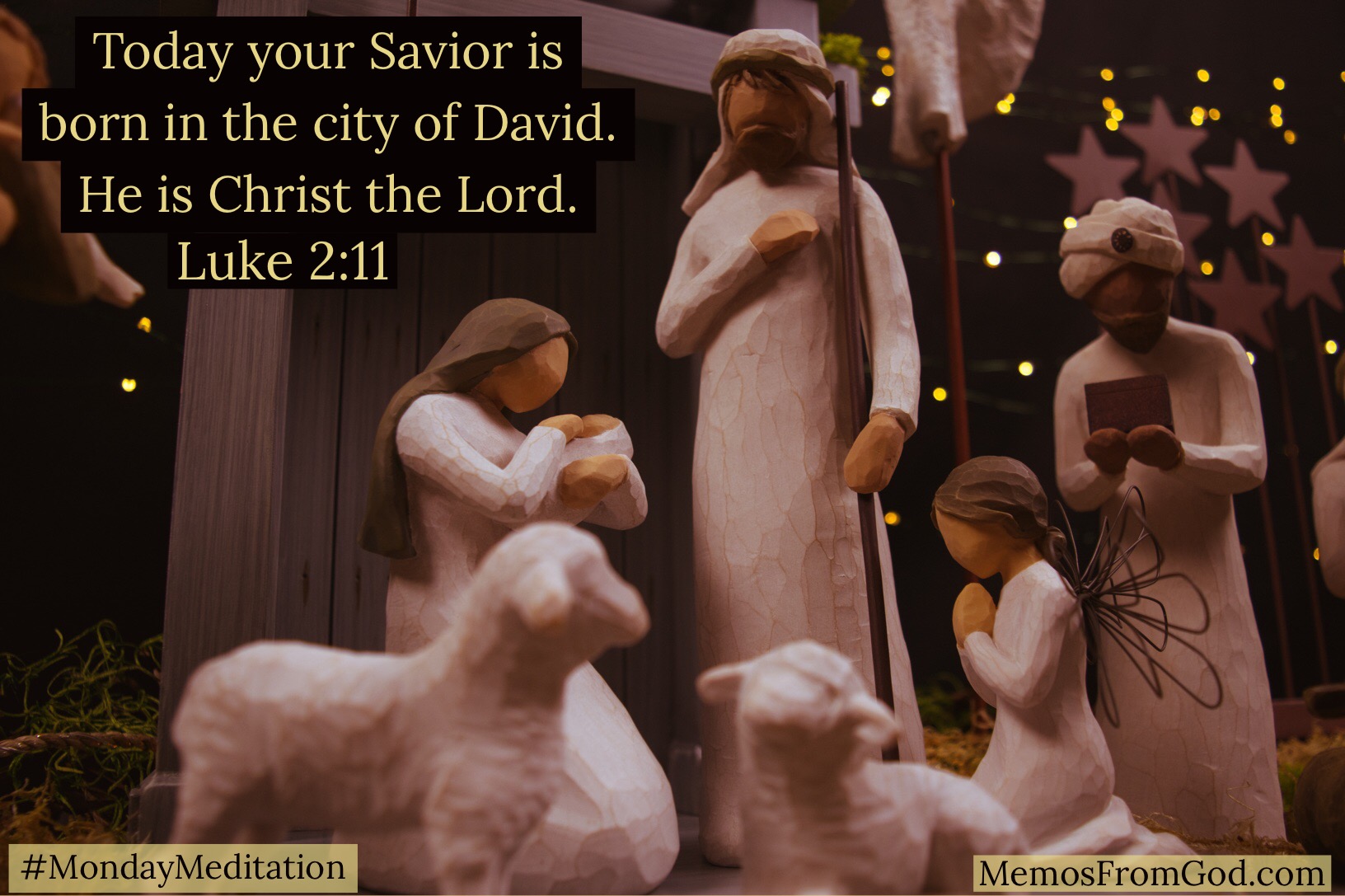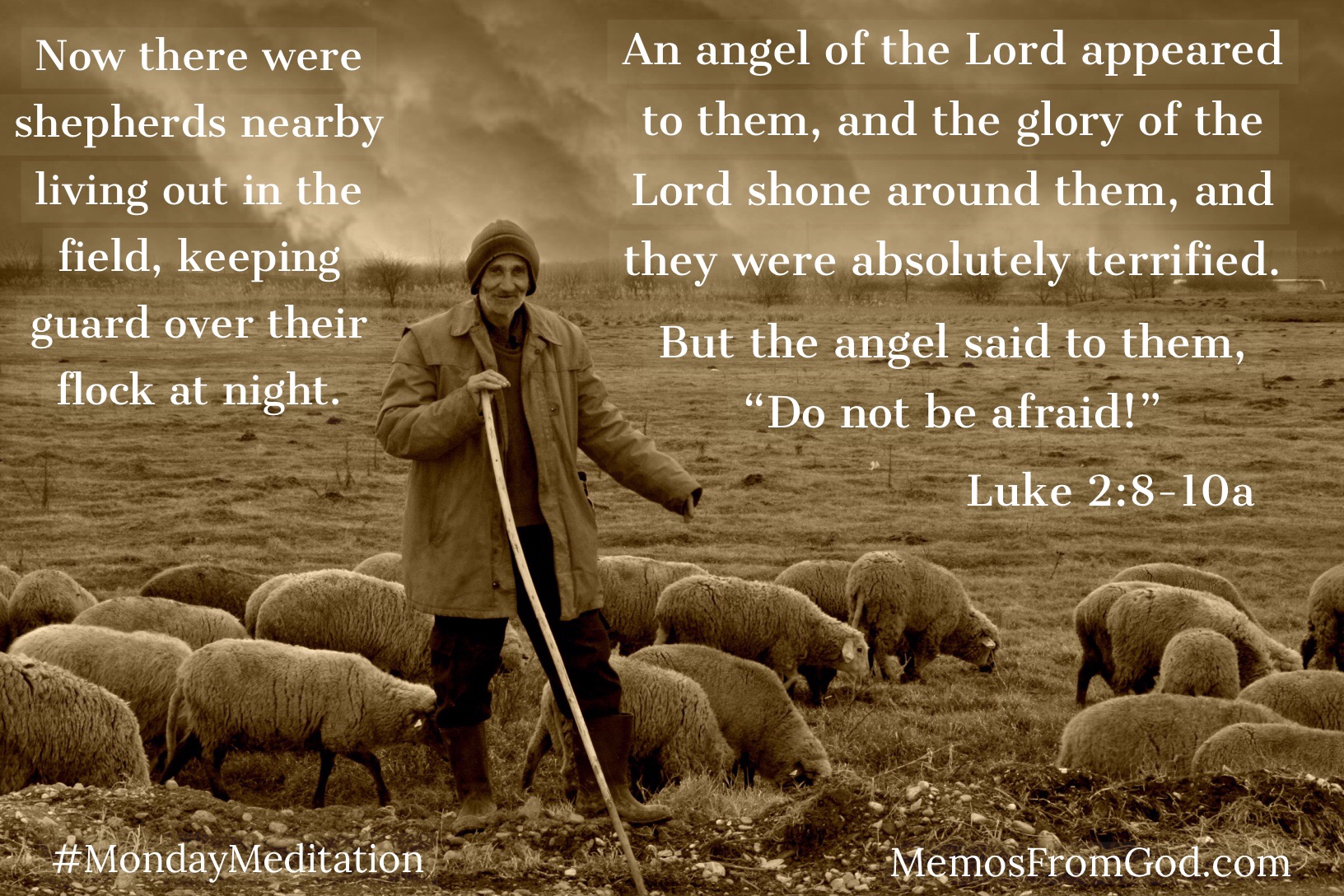



In lieu of #MondayMeditation today, and in honour of Martin Luther King Jr., I have chosen to share this wisdom from him.
Especially now, when information is so easily distributed, it is important not to accept everything you hear or read as truth without checking the facts.
To discover the truth about God, spend time studying the Bible.


It is not the flip of a calendar page that makes things new. It is Jesus.
I wish you all good things in 2019.




